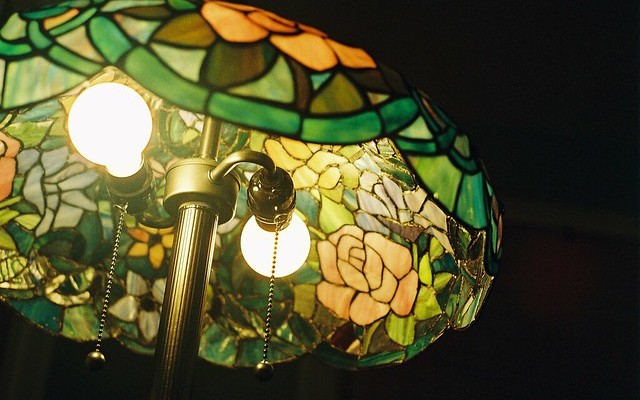This is Cassilis, a place somewhere in Victoria, I can hear my mother saying through the grey-green sheet. Several nights like this, with the sheet between us, and I am pleased to say only the faintest sounds issue from the other side. Mostly I hear her tongue moving in her mouth and then, in the mornings, the soft swish as she fastens the five buttons along the trim of her coat. They’ll be here soon, she is saying, to no-one. They’ll have been driving for hours. They set out in the dark. She is talking to me, I suppose. I stop myself from turning or making a noise and lie back into my nauseous accretion.
I dislike her visitor. If locking eyes is enough, then yes, I met him, the boy who comes with black bedroom eyes and untidy hair. I haven’t met the man who drives him, but he must be his father. Given they drive so far, the father’s only option is to sit in the car and wait for his son to be done inside. My mother teaches him violin.
It would be a lie to say he plays poorly. It’s not that. In fact, he plays very well, if in a too precise, too pondered way. One week my mother instructs him to play this note just so, and the next he is playing it exactly, consummately, with seasoned precision, with all her idiosyncrasies as well. No doubt, he does all the allotted work, which is itself substantial, enough to dissuade a capable student. But then he must do more. He must assign himself tasks, playing both cruel disciplinarian and terrorised captive. In all probability, he records himself playing and plays it back to himself. He binds his fingers with string until they press the wood in the way he desires. From dawn to dusk he does this and then by lamplight, and no doubt he reads voluminously: method and technique, the history of the art, the theoretical speculations of critics, resting his eyes on what he doesn’t yet understand with the confidence that soon he will. Really he’s a kind of machine – he sees himself this way, not me, I haven’t even spoken to him, we only locked eyes and I couldn’t help the thought, it came to me against my will, that really he’s a kind of machine that, securing the finest inputs, produces the notes we all agree must be best in precisely the manner we have agreed they must be so.
Today he is playing the Méditation from Thaïs. My mother is sitting there, keeping silent. Her silence is scrupulous and the boy is eager. I turn on my bed in such a way that no-one could fit it to the music with a kind of stingish twinge in my head. The boy has mastered last week’s critique. I wouldn’t be surprised if, tearing down the sheet, I saw my mother sitting there alone, listening to a record of the Méditation from Thaïs.
But I am not thinking of the boy now. I am thinking of a boulevard, grey and pointing. I am not listening to the music. My mind has a sense of wideness – long bawn and lapping wind. No use. I pull back the sheets. No use. Careful not to make a noise that might spoil this rendition, careful not to tug on the grey-green sheet, I get up, covered in last night’s sweat, and cross the floor, careful not to trip on the rugging, to put one foot down and then next until I reach the door and tumble out into the morning.
White cockatoos are in the branches of a tree and the rain is falling so softly it isn’t falling: it’s mist. I walk a short way until the violin grows softer. Ahead of me is a sleek black sports utility vehicle parked under the gum trees. I can see the shadow of the occupant, the boy’s father, seated inside. Presumably he sees me too and much more clearly, since he looks through tinted windows. He opens the door. You can sit, he says. Sit. The seat is leather and feels warm. Here we can’t hear the violin. We can’t even hear the cockatoos when they throw themselves, as they do, one by one, from the tree’s upper branches.
Image: Regan Walsh / Flickr
Read the rest of Overland 234
If you enjoyed this story, buy the issue




